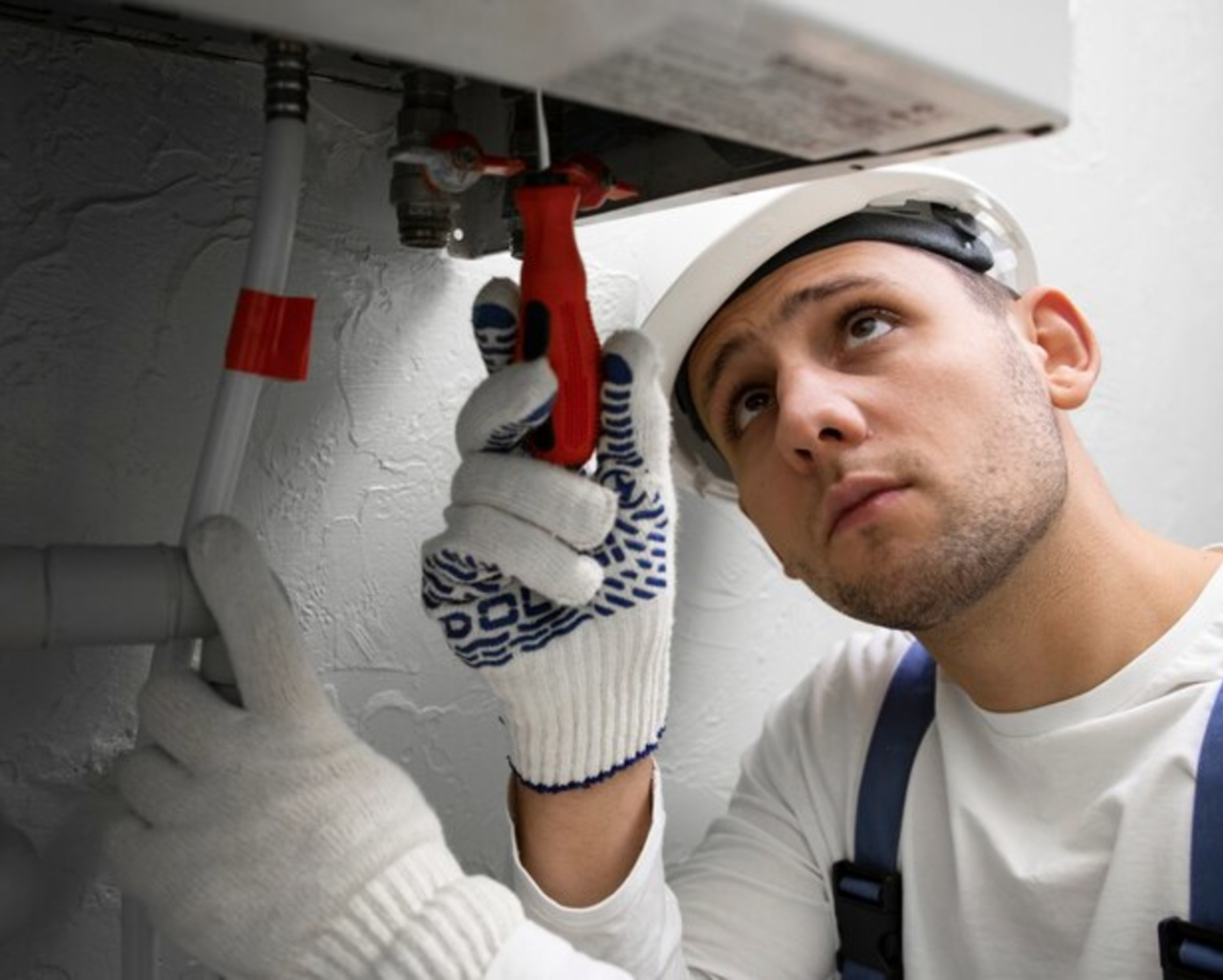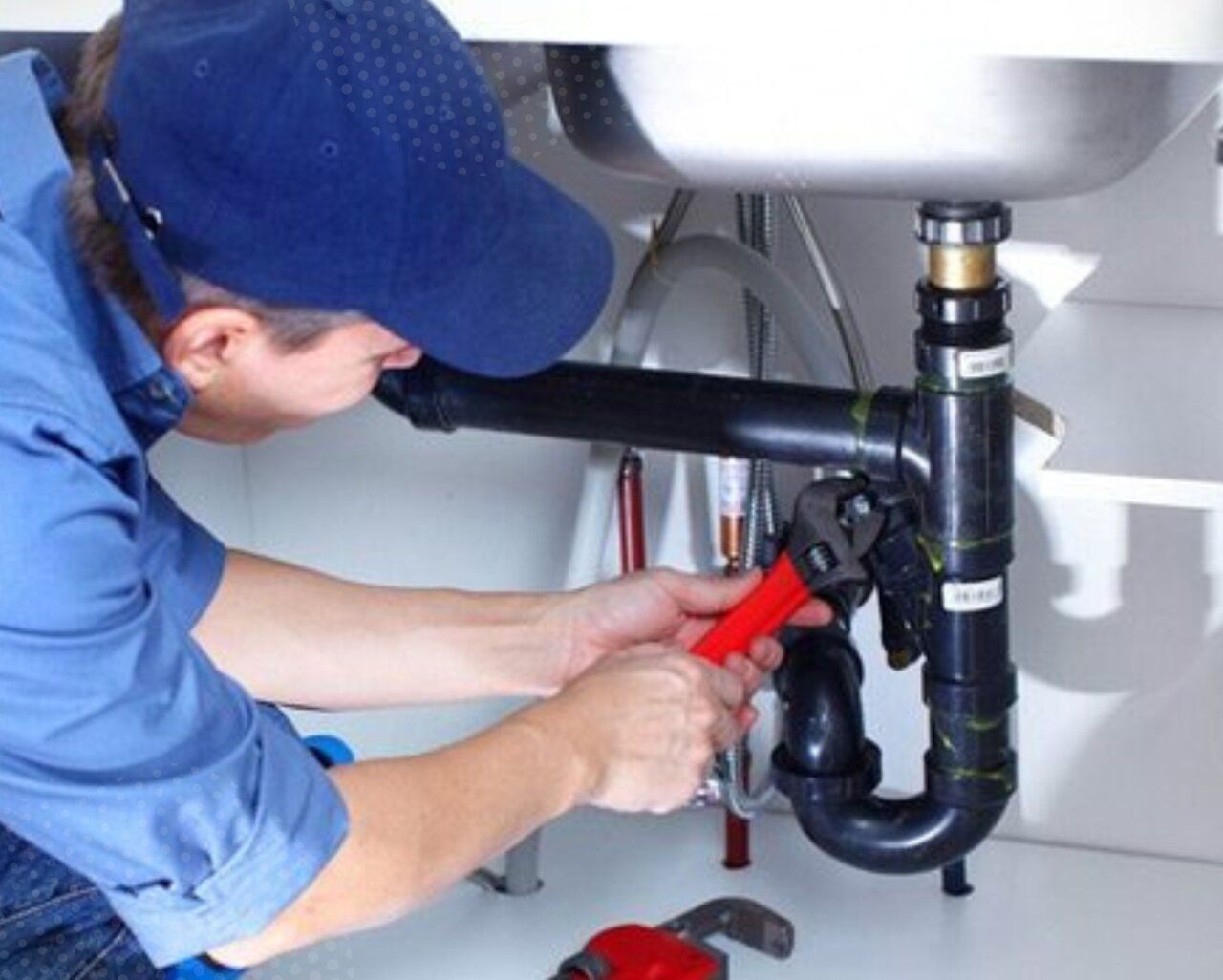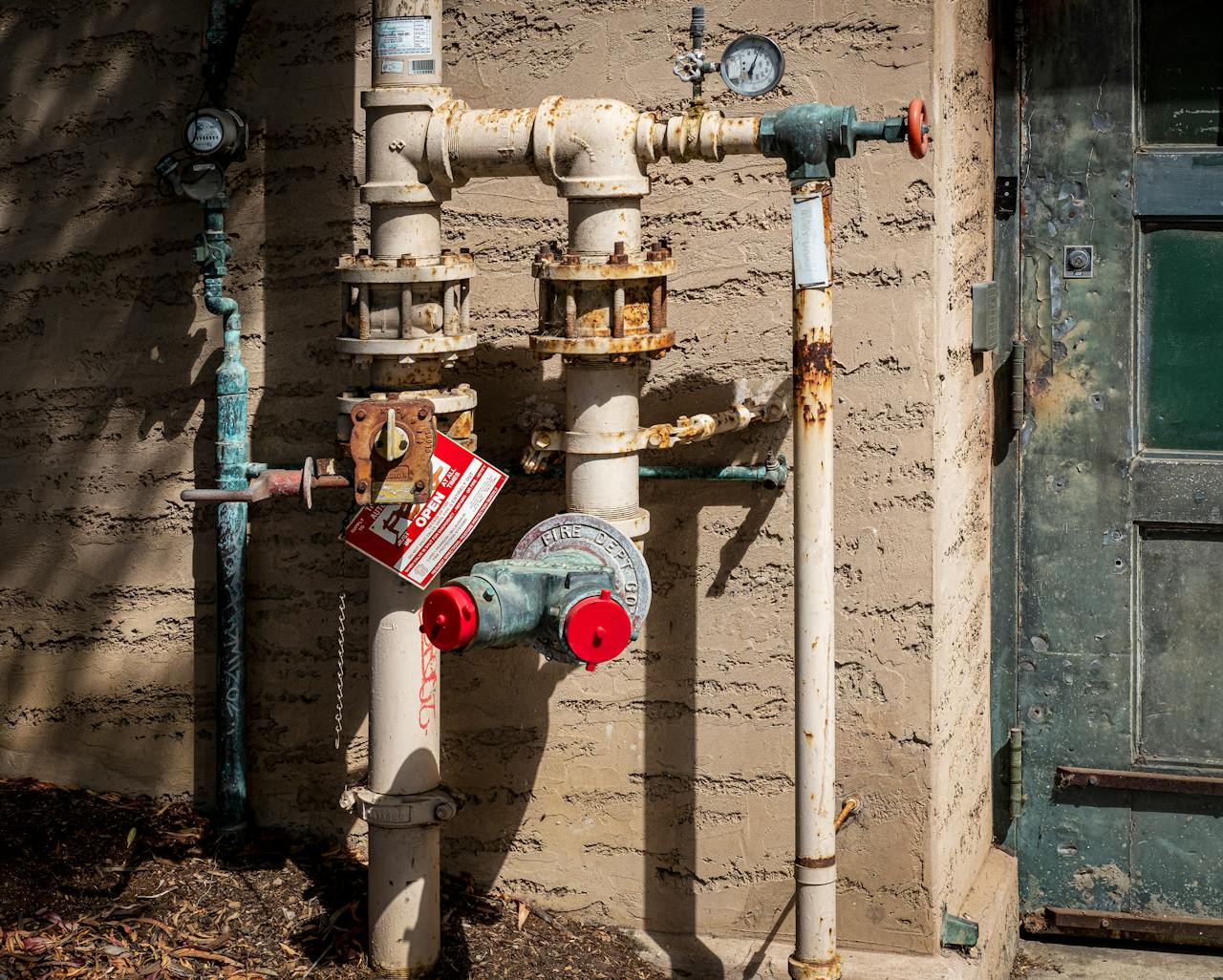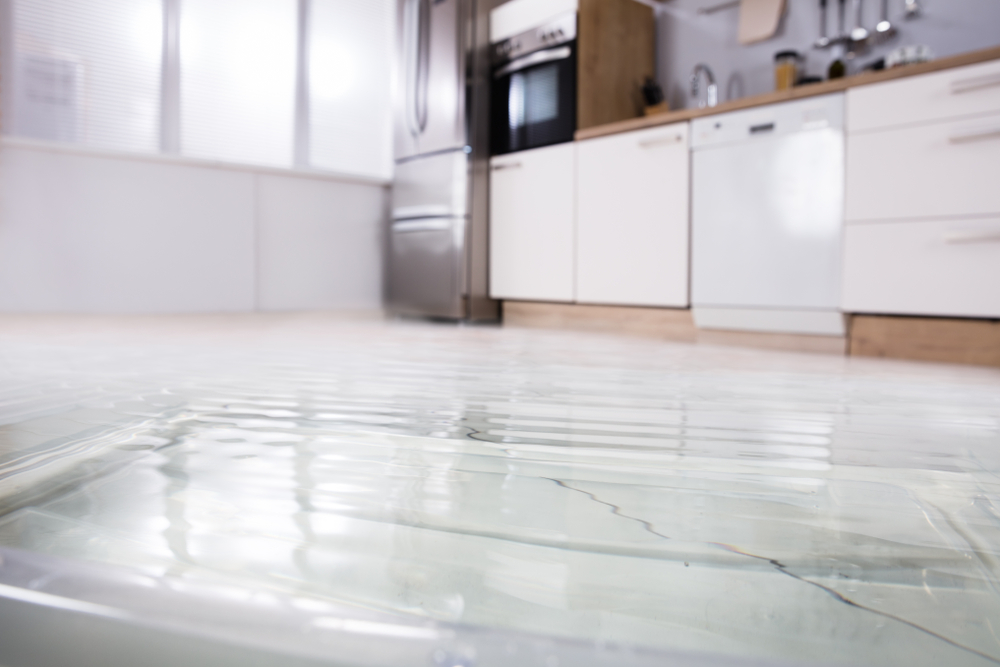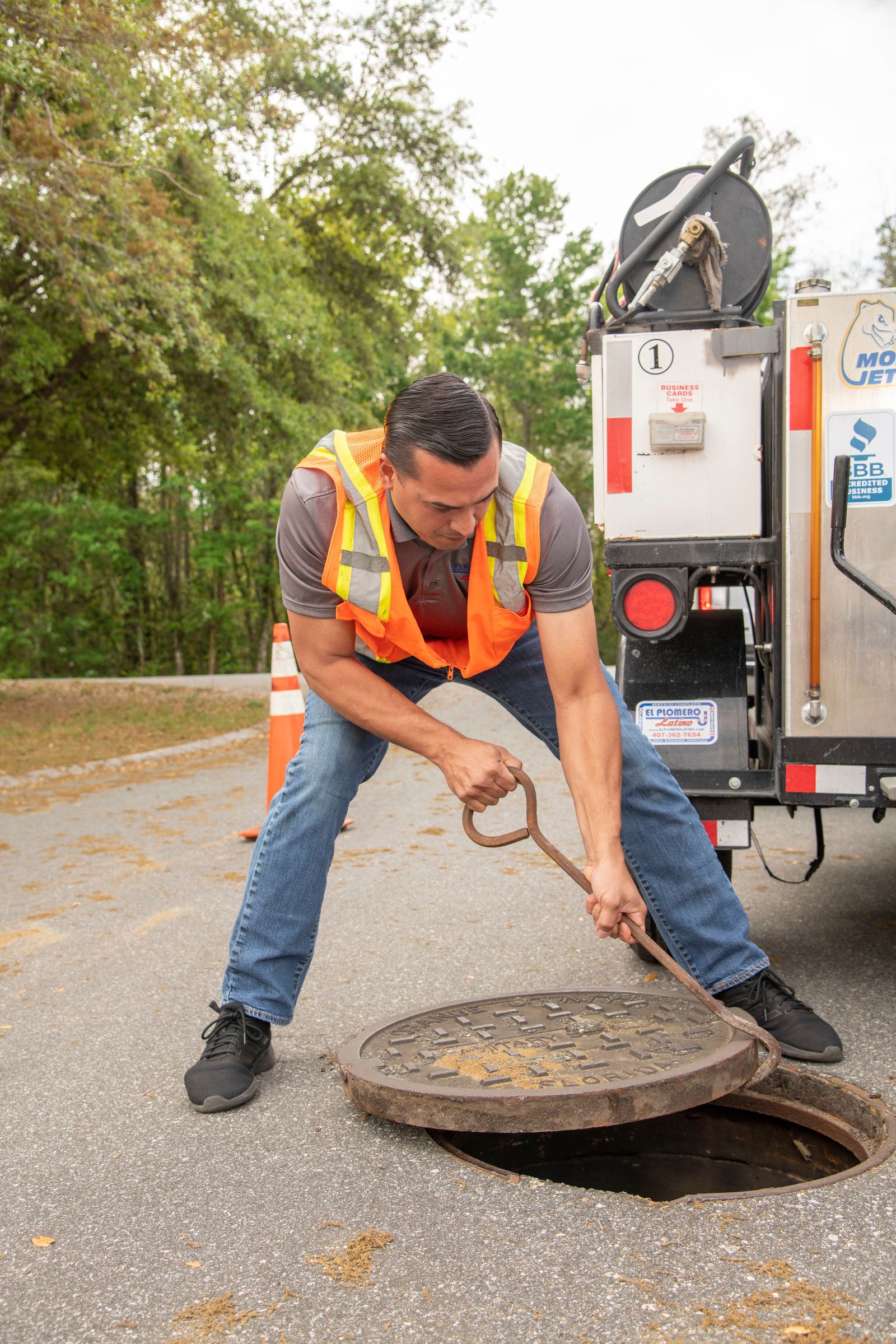Dealing with a clogged drain can be a major headache, and it’s something that most homeowners will encounter at some point. The good news is that there are a number of steps you can take to prevent drain clogs from happening in the first place. In this article, we’ll explore some of the best ways to keep your drains flowing freely.
What Causes Drain Clogs?
Before we get into the prevention tips, it’s helpful to understand what causes drain clogs in the first place. Some common culprits include:
- Hair
- Soap scum
- Food particles
- Grease and oil
- Foreign objects (e.g. toys, jewelry)
When these substances build up in your drain pipes, they can form a blockage that prevents water from flowing freely. In severe cases, this can lead to backups and even flooding.
How to Prevent Drain Clogs
Now that you know what causes drain clogs, let’s explore some ways to prevent them from happening in the first place.
1. Use a Drain Cover
One of the easiest and most effective ways to prevent drain clogs is to use a drain cover. These covers sit over the drain opening and catch any hair or other debris before it has a chance to go down the drain. Be sure to clean the drain cover regularly to prevent buildup.
2. Be Mindful of What You Put Down the Drain
Another way to prevent drain clogs is to be mindful of what you put down the drain in the first place. Avoid pouring grease or oil down the drain, as this can solidify and cause a blockage. Also, avoid putting large food particles or fibrous materials (like celery) down the drain, as these can get caught in the pipes.
3. Flush Your Drains Regularly
Flushing your drains with hot water on a regular basis can help prevent buildup and keep your pipes flowing freely. Simply run hot water down the drain for a few minutes to help flush away any buildup.
4. Use a Plunger
If you do encounter a clog, one of the easiest ways to clear it is to use a plunger. Be sure to use a plunger specifically designed for sinks and showers (as opposed to a toilet plunger). Fill the sink or shower with enough water to cover the bottom of the plunger, then plunge vigorously for a few minutes to help dislodge the clog.
5. Try a Natural Drain Cleaner
If you prefer to avoid harsh chemicals, there are a number of natural drain cleaners that can help dissolve clogs. One popular option is a mixture of baking soda and vinegar. Simply pour some baking soda down the drain, followed by vinegar. The mixture will bubble and fizz, helping to break up any buildup in the pipes.
6. Call a Professional
If you’ve tried these prevention tips and still encounter clogs, it may be time to call in a professional. A plumber can help diagnose the root cause of your clogs and recommend a solution, whether that’s hydrojetting or replacing damaged pipes.
Conclusion
Drain clogs can be a major nuisance, but by following these prevention tips, you can help keep your pipes flowing freely. From using a drain cover to being mindful of what you put down the drain, there are a number of simple steps you can take to keep clogs at bay.
FAQs
- What are some common causes of drain clogs?
Some common causes of drain clogs include hair, soap scum, food particles, grease and oil, and foreign objects. These substances can build up in your drain pipes over time, forming a blockage that prevents water from flowing freely.
- How can I prevent drain clogs from happening?
There are a number of ways to prevent drain clogs, including using a drain cover, being mindful of what you put down the drain, flushing your drains regularly, using a plunger, trying a natural drain cleaner, and calling a professional if needed. By taking these steps, you can help keep your pipes flowing freely.
- What should I do if I encounter a drain clog?
If you encounter a drain clog, one of the easiest ways to clear it is to use a plunger. Be sure to use a plunger specifically designed for sinks and showers, and fill the sink or shower with enough water to cover the bottom of the plunger. If that doesn’t work, you may need to try a natural drain cleaner or call in a professional.
- Are natural drain cleaners effective?
Yes, natural drain cleaners can be effective at dissolving clogs. One popular option is a mixture of baking soda and vinegar. However, it’s important to note that natural drain cleaners may not be effective in all cases, and for severe clogs, you may need to call in a professional.
- When should I call a professional?
If you’ve tried prevention tips like using a drain cover and flushing your drains regularly but still encounter clogs, or if you have a severe clog, it may be time to call in a professional. A plumber can help diagnose the root cause of your clogs and recommend a solution, whether that’s hydrojetting or replacing damaged pipes.


